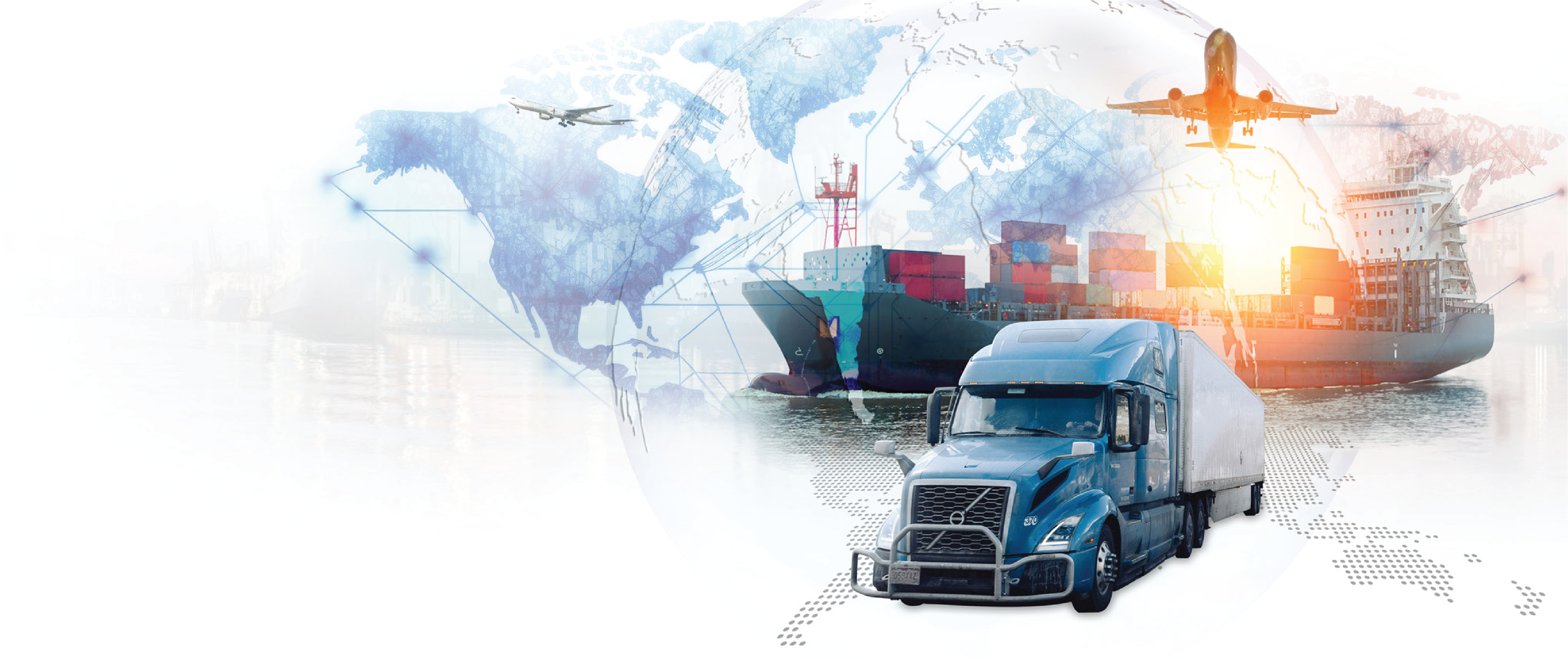
Sitting in an office at the Crossroads of America, Brent Yeagy, president and CEO of Wabash, exudes confident optimism even as he ponders the challenges of a rapidly changing freight and logistics industry. “The innovation game has accelerated far beyond what one or two partners can do together. To bring today’s technology-based solutions and resultant business change to life now takes the collective vision, understanding and capability of many to be successful.”
Smart Crossroads is his answer: a pivotal ecosystem strategically connecting Purdue’s extensive resources with leading industry partners.
Of course, it’s not Wabash’s only answer.
The collaborative process means Wabash joins Purdue University along with other transportation fleets, 3PLs (third-party logistics), retail shippers, suppliers and pioneers in telematics, autonomous vehicles and more to ponder these far-reaching challenges. The group is at the early stages of bringing a large, complex ecosystem together into information-gathering workshops. They hope to bring transparency to the total system overhaul required in the face of an era of disruptive innovation and disintermediation.
When Wabash recognized the need to assemble a broader coalition within the freight and logistics industry, it turned to Purdue. The innovative institution quickly became a partner, leveraging its high-quality engineers, top-notch business talent, world-class research centers, existing industry partnership and more.
“The whole concept of the Smart Crossroads workshops emerged from the understanding that we need to listen to industry,” said Greg Deason, senior vice president of Alliances and Placemaking at Purdue Research Foundation. “We need to explore what they see as weaknesses or threats, strengths or opportunities in the supply chain and logistics system that we could address through our collective capabilities.”
The workshops convened during this pivotal exploratory phase are not intended to solve problems outright, but rather to understand them. Founders want to be clear-eyed about what these workshops can and can’t do. “These workshops aren’t meant to solve problems. They’re meant to understand problems,” Yeagy explained.
Gaining a comprehensive understanding of the scale of the challenges is the first step toward solving the toughest challenges facing the freight and logistics industries in the decades to come. By bringing varied stakeholders together for discussion, Smart Crossroads hopes to become the umbrella under which the broader logistics ecosystem coalesces in the face of new technologies, AI, regulatory frameworks and geopolitics.
Smart Crossroads promises that as participants engage in the progress, they’ll gain insight into industry-critical problems, potential solutions and — perhaps most enticingly in the short term — connect with other stakeholders who may not historically have had the chance to form a partnership. Organizers note that in just the first workshop two new working relationships were formed to solve near-term issues.
Ultimately, a gathering of the broader logistic ecosystem is on the near horizon. Armed with more intelligence and understanding than if they proposed solutions without engaging stakeholders first, Wabash, Purdue and all who participate can find solutions in a rapidly changing industry.
Organizers encourage stakeholders engaged in all modes of mobility (air, rail or shipping) and related technologies (autonomy, IoT and EV) to attend.
The next workshop will be held at the Convergence Center for Innovation and Collaboration in the Discovery Park District at Purdue.
For more information or to register to attend, contact Lisa Arafune: arafune@purdue.edu.
MEDIA CONTACT
Polly Barks // phbarks@prf.org
The Convergence Center for Innovation and Collaboration 101 Foundry Dr, West Lafayette, IN 47906, 765-588-3470
Trouble with this page? Please contact Purdue Research Foundation by Phone, 765-588-3470, or FAX, 765-463-3501.